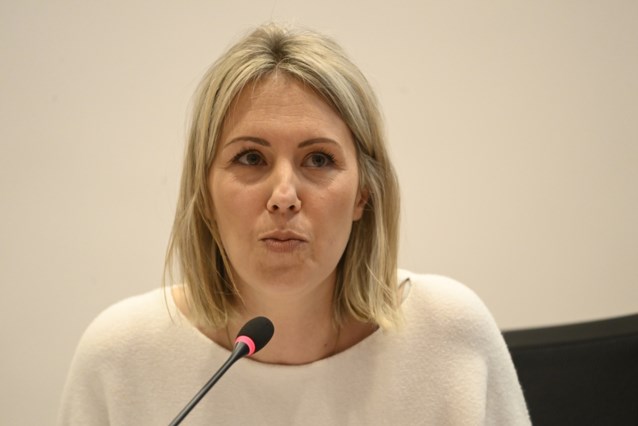The Belgian government could offer asylum to up to 30 translators who worked for Belgian troops in Afghanistan, defence minister Ludivine Dedonder (PS) has suggested.
The offer would include the Afghans’ families, and potentially remove them from the risk of suffering reprisals at the hands of a resurgent Taliban.
Dedonder was speaking at a press conference to mark the 19th anniversary of the Belgian presence in Afghanistan.
Translators – more accurately translators and fixers, as they do much more than translate from local languages into languages the troops will understand, most commonly English – are of supreme importance to foreign forces in a country like Afghanistan, where everything from the culture to the languages to the society to the landscape is utterly foreign.
Now, however, after US President Joe Biden announced a US troop withdrawal from the country, the Taliban is making a move. According to De Volkskrant in the Netherlands, the Taliban has claimed 150 victims in one day, mainly among army and police.
American troops are due to leave by the symbolic date of 11 September, exactly 20 years after the attacks in New York, Washington and Pennsylvania that trigged the invasion.
Now the death toll is in the thousands, or according to one government official quoted by the paper, “shockingly high”.
The translators, rightfully, fear they may also become victims of revenge attacks, and American troops are making moves to have their collaborators moved out of the danger zone. But, as a report on Last Night Tonight with John Oliver explained, those procedures can take an agonisingly long time and a difficult road through bureaucracy.
The Belgian transition ought to be more simple. The defence minister is behind the action, and the secretary of state for asylum and migration, Sammy Mahdi (CD&V) has described the idea as “the only correct decision”.
“It is clear. These people who have worked with Belgium all these years deserve help,” said Dedonder.
“These people have committed themselves to the safety of our soldiers,” Mahdi added. “Now we have to work for their safety.”
One Afghan family has already received a positive response.

